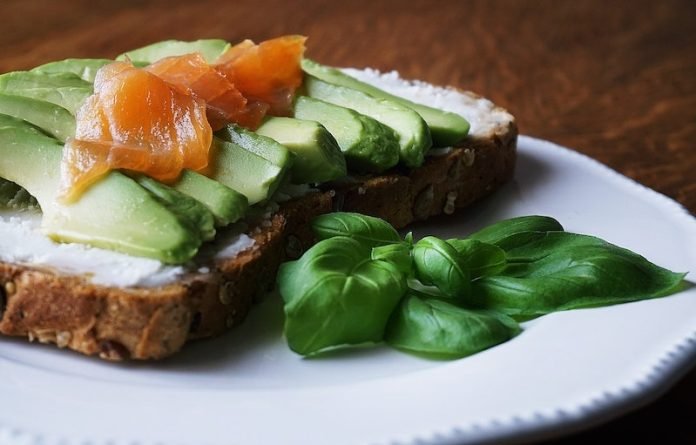
In a study from the University of Adelaide and elsewhere, scientists found food could play a major role in stopping the growth of some cancers.
They showed cancers with IDH1 gene mutations can’t grow without lipids; a group of naturally occurring molecules, namely fats, contained in various foods such as butter and ice cream.
The researchers replicated the results in a range of cancer types, comparing a regular diet with one that was completely fat-free and was surprised to find tumors with IDH1 were stopped in their tracks when starved of lipids.
The IDH1 gene mutation is a nasty mutation that reprograms the cell and is commonly found in blood cancer, acute myeloid leukemia, bone cancer called chondrosarcoma, bile duct cancer and low-grade glioma, a type of brain cancer.
The good news is the team keeps finding hidden weaknesses in IDH1 cancers that can be exploited to cure patients.
Cancer is typically known to feed on sugars, but the team says tumors with the IDH1 mutation are addicted to fats instead.
They say more work needs to be done to substantiate our findings in the human long term, but for anyone with an IDH1 mutant cancer, avoiding foods that are high in saturated fats is important.
It’s a timely discovery, with the country’s first proton therapy facility soon to be established at the Australian Bragg Center.
These findings may eventually lead to an increase in survivorship in patients who’re in remission following treatment of IDH1 cancers using proton therapy or radiotherapy.
Scientists are quickly learning every little bit counts to achieve remission and improve survivorship without excessive chemotherapy.
If you care about cancer, please read studies that low-carb diet could increase overall cancer risk, and vitamin D supplements strongly reduces cancer death.
For more information about nutrition, please see recent studies that Yale study finds the causes of cancer, and this herbal supplement may help treat lung cancer.
The study was conducted by Dr. Daniel Thomas et al and published in Cancer Discovery.
Copyright © 2022 Knowridge Science Report. All rights reserved.



